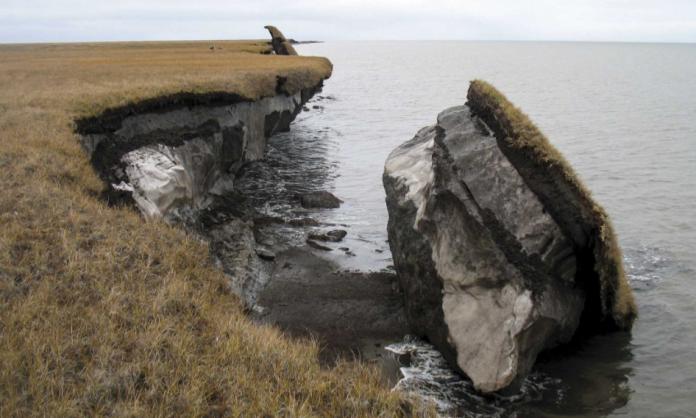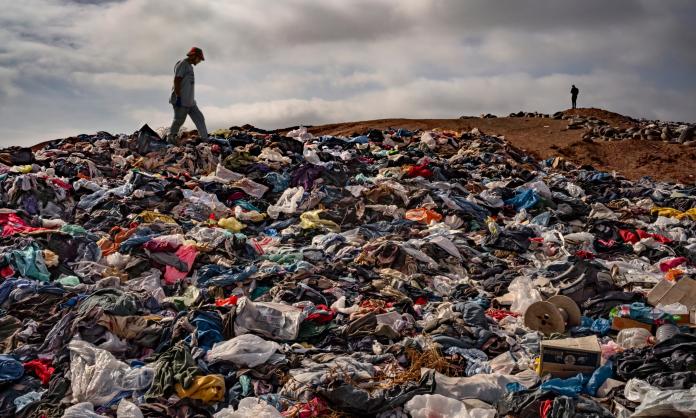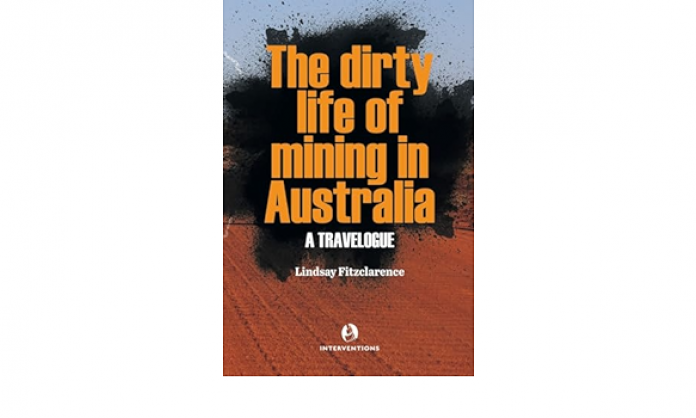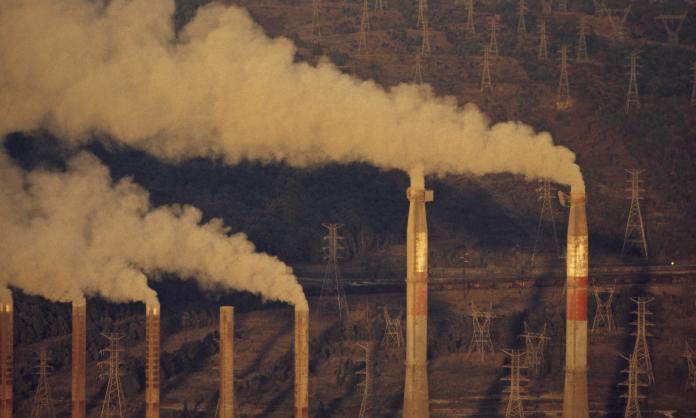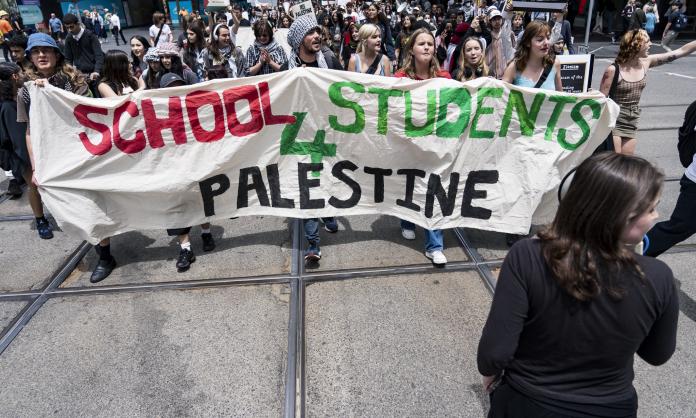In the coming decades, tens of millions of people will be displaced by coastal flooding as sea levels rise. This rise can no longer be prevented, even if all carbon emissions stop tomorrow. An unprecedented, and under capitalism likely impossible, level of international cooperation will be required to mitigate the effects of this looming disaster.
According to a report from researchers at Ohio State University, the Greenland ice sheet is doomed. Changes in the ocean and atmosphere in the Arctic mean Greenland will no longer receive enough snowfall to make up for the summer melt. If the ice sheet, the largest outside of Antarctica, melts completely, global sea levels will rise by more than seven metres.
The revelation came in the same week as a devastating report on global ice loss. UK scientists estimate that the world lost 28 trillion tonnes of ice between 1994 and 2017. Roughly half of the resulting melt water has come from glaciers and ice sheets on solid ground (rather than from sea ice), causing a 3.5cm rise in global sea levels. “To put that in context”, professor Andy Shepherd, director of the Centre for Polar Observation and Modelling at Leeds University, told the Guardian, “every centimetre of sea level rise means about a million people will be displaced from their low-lying homelands”.
Another study, published in the journal Scientific Reports on 30 July, outlines the scale of destruction that could be unleashed by rapid sea level rises in the remaining decades of the 21st century. The report, by researchers at the University of Melbourne, attempts to quantify the social and economic cost of more frequent coastal flooding. Unsurprisingly, the numbers are terrifying. Under a business as usual scenario, the frequency of what we now call one-in-100-year floods will increase to one every decade in most parts of the world. The researchers predict millions more people will be at risk of disastrous floods, especially in low-lying coastal areas where some of the largest cities in the world now sit. The economic cost of this flood damage is estimated to be as high as US$11.3 trillion.
According to the lead author, Ebru Karezci, “Curbing rising greenhouse gases is critical, but much of the predicted sea level rise is already baked in—it will happen irrespective of what happens with greenhouse gases. So we need to adapt”. She notes that some countries are better prepared with existing coastal defences and enough wealth to construct more in the coming years. Others won’t be so lucky. The capital of Indonesia, Jakarta—home to more than 10 million people—is so vulnerable to rising sea levels that the government last year announced plans to move to a new, purpose-built city in Kalimantan, on the island of Borneo.
Existing inequalities in preparedness reflect the legacy of exploitation and uneven development across the planet. In a cruel twist, the people who have gained the least and suffered the most from capitalism are likely to feel the worst impacts of the climate crisis generated by it.
In Australia, there is already significant coastal erosion. Several major winter storms hit the east coast in recent months, washing away beaches and threatening homes in some areas. If current trends continue, existing coastlines will be transformed beyond recognition by the end of the century. Without massive investment in new coastal defences, some coastal communities could be lost entirely.
Given the mounting scientific evidence of the devastating economic impact of rising sea levels and other consequences of global warming, you might expect governments and business leaders to be paying more attention to the problem. Unfortunately, as the past three decades of inaction on climate change show, they are more concerned about short-term economic gains than about the prospect of damage from climate change in the long term.
If anything, the situation in the COVID-19 era is worse than ever. Under the cover of the pandemic, governments around the world have loosened environmental regulations to allow new fossil fuel projects. In Australia, the government is preparing a “gas-led economic recovery” that will cement the country’s status as one of the world’s worst climate criminals.
At a time when an unprecedented level of cooperation is required to overcome the existential threat of climate change, we remain trapped within a capitalist system that runs on competition and the pursuit of profit. The need for an alternative has never been more urgent.




